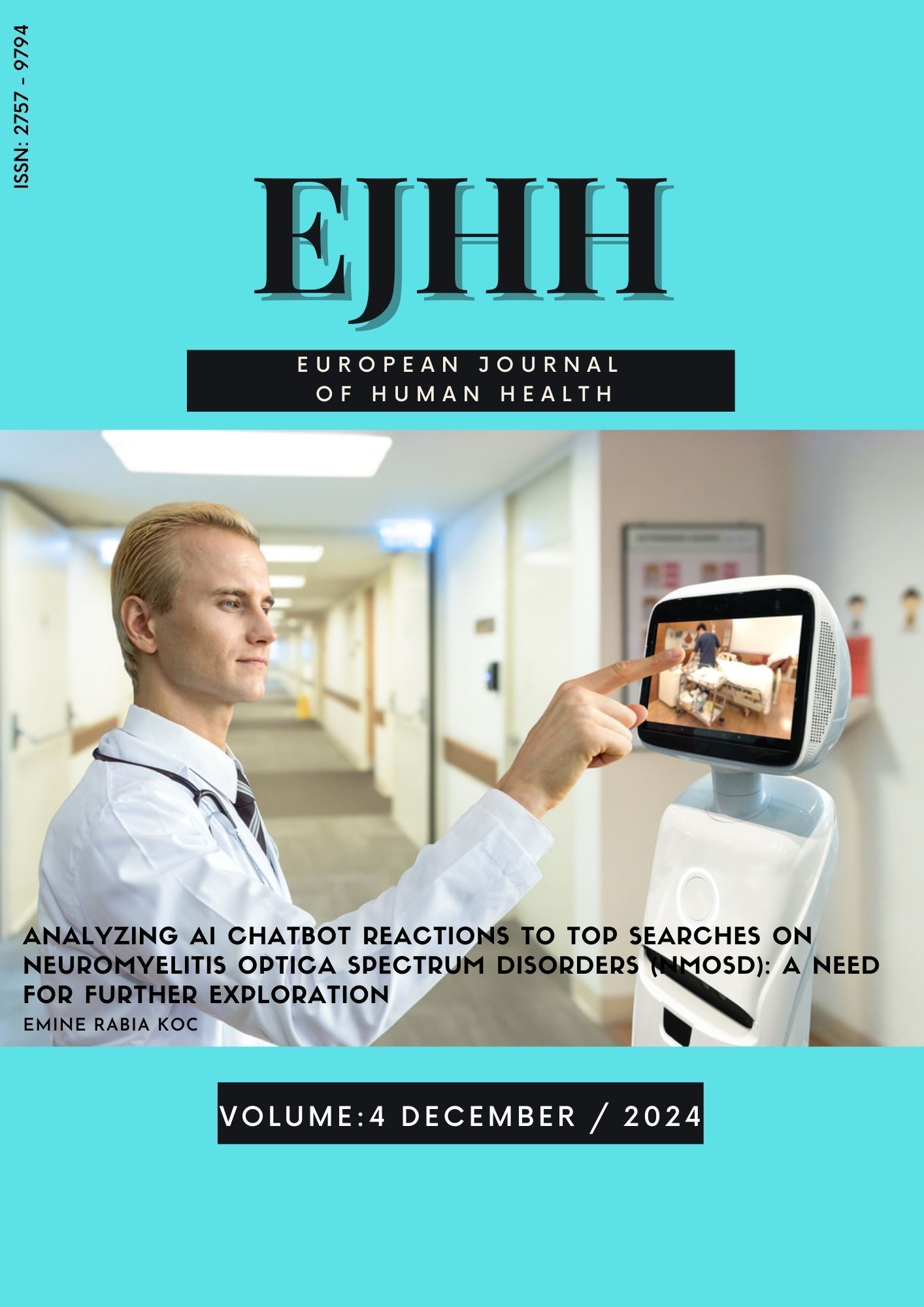Author :
Abstract
Keywords
Abstract
Aim: The reasons affecting the development of undescended testicles remain unclear.We aimed to investigate the factors affecting the formation of an undescended testis and especially the relationship between maternal nutrition and undescended testis formation.
Methods: This was a descriptive study. Mothers of term newborns with cryptorchidism and mothers who gave birth to a healthy male baby in the same period were visited in the obstetrics units of the hospital and were surveyed with questions a patient form and a diet form. Fifty-one types of foods that mothers consume during pregnancy were questioned.
Results: Cryptorchidism was more common in babies born to young mothers and/or fathers (p= 0.013 and p= 0.029 respectively). Cryptorchidism was more common in babies with low birth weight. A higher rate of cryptorchidism was observed in infants with high body temperature measurements (p<0.001). The rate of giving birth to babies with cryptorchidism was lower in mothers who consumed more dried foods (p<0.001).
Conclusion: Increased temperature of the infants was an important risk for cryptorchidism. The reasons that will cause temperature changes in the infants should be carefully considered during pregnancy and the necessary interventions should be made. Consumption of dried foods and higher child birth weight may be protective against cryptorchidism. These findings suggest that high nutritional and caloric values in dried foods may contribute positively to the development of the intrauterine fetus and show that it can be a useful tool in preventing low birth weight, which is one of the risk factors. Maternal nutrition may be one of the effective causes of cryptorchidism development in infants.





